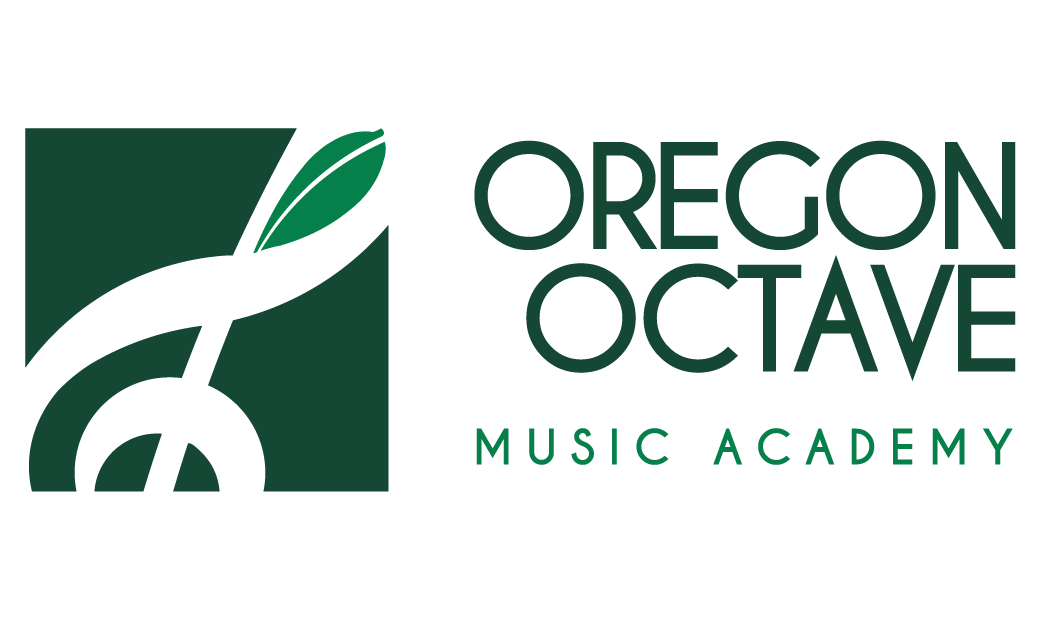If we're talking about classical music, would you be surprised if I mentioned Ariana Grande, Lady Gaga or Ed Sheeran? You wouldn't be the only one, but it's true! These stars (and so many more) all had their musical start in life with classical training. Whether it be taking up an instrument, joining a choir, or taking yourself out to the opera, pursing your classical music education is undoubtedly the way to go if music proficiency is your goal.
You may not realize it, but you are surrounded by classical music—enjoying it and being moved by its powerful effect—without even knowing. Every film score you can think of uses classical music to guide your emotions throughout the story. Think of how you hold your breath during a scene in Jaws, or sob while the lifeboats look for survivors in Titanic. And when you're driving home from work listening to your favorite radio station? Yep, even then! Modern music wouldn't be around without its ever-loving parent: classical music. Consider—what is the most influential part of a song? (The bit that grabs your attention and sticks in your mind for days after you first hear it.) It’s the chorus! The chorus, as an integral part of the structure of a song, can actually be traced back to Ancient Greece where groups of performers would repeat particularly important or dramatic lines of a play to ensure the fundamental message was portrayed to the audience. This idea was then adopted by the grand opera, and now today almost every song you can think of includes one! As they say, history repeats itself.
Still questioning whether training in classical music is for you? Well how about this: it's the music industry's worst kept secret that the skills learned in classically-based training set students apart from those who haven't acquired such a background. The discipline, thoroughness, and attention-to-detail that is acquired by immersing yourself in the hard work of classical music training has long been revered as desirable, regardless of which genre you're hoping to break into in the future. And it's not hard to see why. It's often stated that mathematics is the universal language, but I'd argue it's on equal footing with music. Math might give us answers to concrete questions, but music gives us a reason to question. (They really do go hand-in-hand.) And having an understanding of the history of music—derived from classical music study—improves our comprehension of modern life.
The facts are simple: students who have trained in classical music have much higher rates of success compared to those who didn't. And not just in music—a 2020 study concluded that students who listened to classical music (including Chopin, Beethoven and Vivaldi) while studying (in this case, for a math-based exam) showed an 18% improvement in knowledge transfer.
Ultimately, in today's society—where the political, social, and economic upheaval of everyday life is bearing down on us all—it is a relief to have music to turn to as a source of comfort. Music is a language that needs little translation, that brings groups of people together, and can certainly uplift human consciousness. Let's help each other move away from the strife of daily life and rejoice more in what is one of the greatest achievements of humankind. Music gives us a safe space to be who we are and be included in a community of open-minded learners; and what better way to celebrate that than participating in lessons at an academy with emphasis on music that has stood the test of time.
Whether you're looking to learn (or re-learn) an instrument, are looking for information to assist in your business or interests, or want lessons for your children, get in touch now to see how we can bring the joy and undeniable benefits of classical music to you!




